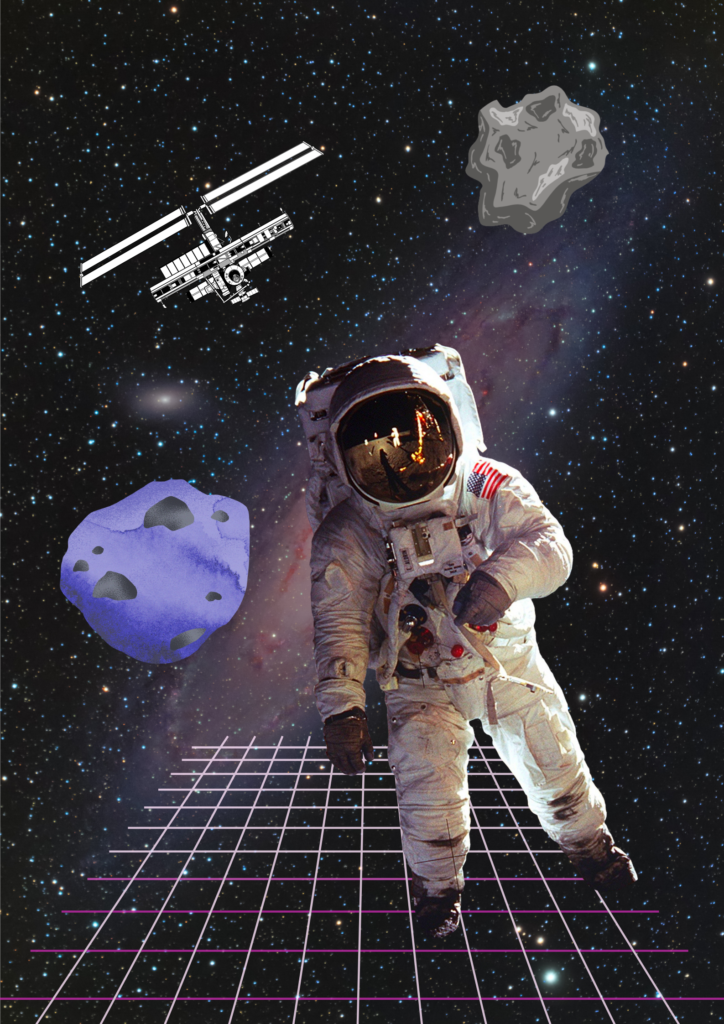The Final Frontier: Envisioning the Future of Space Travel

Space travel has always captured the human imagination, conjuring images of distant galaxies, alien civilizations, and the vast, unexplored cosmos. As we stand on the precipice of a new era in space exploration, the future of space travel is poised to transcend the pages of science fiction and become a tangible reality. It delves into the exciting prospects, emerging technologies, and the potential impact of future space voyages on humanity.
The Dawn of Commercial Spaceflight
The commercialization of space travel marks a significant shift from government-led programs to private sector initiatives. Companies like SpaceX, Blue Origin, and Virgin Galactic are spearheading this movement, aiming to make space travel accessible to not just astronauts but to tourists, scientists, and entrepreneurs. With reusable rockets, space tourism, and even luxury space hotels on the horizon, the cosmos could soon be within our reach.
Technological Marvels and Innovations
Advancements in propulsion technology are at the heart of future space exploration. The development of ion thrusters, solar sails, and nuclear propulsion could reduce travel time, increase efficiency, and open up the possibility of interstellar voyages. Moreover, the advent of autonomous robotics and AI will play a crucial role in constructing habitats on other planets, mining asteroids for resources, and conducting scientific research.
The Quest for Interplanetary Colonization
Mars has long been the target for human colonization, with plans for manned missions being formulated by NASA and other space agencies. The establishment of permanent bases on the Moon and Mars would serve as stepping stones for deeper space exploration. These colonies could provide invaluable insights into living in extraterrestrial environments and pave the way for future generations to live among the stars.
Ethical Considerations and Global Collaboration
As we venture further into space, ethical considerations must be at the forefront. The preservation of celestial bodies, responsible utilization of space resources, and the prevention of space debris are critical issues that require international cooperation. The future of space travel depends on a unified approach, with treaties and regulations that ensure the sustainable and peaceful use of outer space.
The Impact on Humanity
The implications of advanced space travel are profound. It has the potential to unite humanity under a common goal, inspire future generations, and provide a new perspective on our place in the universe. The challenges we overcome in space could also lead to technological breakthroughs that benefit life on Earth, from advancements in medicine and materials science to enhancing our understanding of climate change.
In conclusion, the future of space travel is not just about reaching new frontiers but about the journey of humanity as a whole. As we look to the stars, we are reminded of our endless potential and the boundless possibilities that await us in the vast expanse of space.
The exploration of space stands as one of humanity’s most incredible endeavors, and the future promises even greater achievements. As we continue to dream and innovate, the cosmos beckons, inviting us to discover its secrets and, in the process, learn more about ourselves. The journey is just beginning, and the future is as limitless as the universe itself.




















